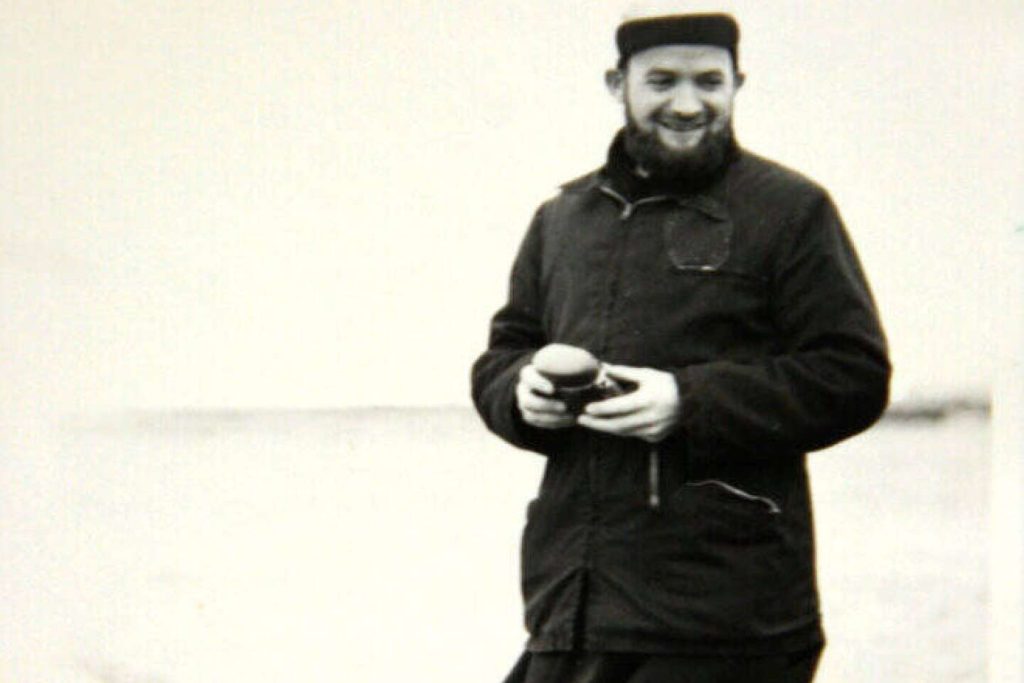A photo of Joannes Rivoire was presented by representatives of victims during a press conference. Despite international arrest warrants against him and efforts by his religious superiors from the Oblates of Mary Immaculate urging him to come forward and face the sexual assault allegations made against him, Joannes Rivoire refused to return to Canada to answer to these charges. He died in Lyon on April 11, thirty years after leaving Canada and after the first complaints were filed against him. The congregation of the Oblates of Mary Immaculate of Canada expressed their understanding that this news would be difficult for many people, especially the survivors and their families who had campaigned for him to face justice in Canada.
On the rare occasions when he spoke, Joannes Rivoire maintained his innocence, claiming he had nothing to do with the allegations. In an interview in December 2021, he stated, “I have nothing to do with it.” When asked if he was at peace with himself, he responded, “Who has nothing to blame themselves for? We are all sinners. My life is almost over, I am preparing to go to the other side. I am at peace with God who, I hope, will offer me paradise.” In September 2022, he met with a delegation of Inuits at the Oblates of Mary Immaculate headquarters in Lyon and once again denied all accusations against him, refusing to return to Canada to face the police.
Joannes Rivoire, originally from Lyon, was only 30 years old when he arrived in Chesterfield Inlet in 1960, a hamlet on the west coast of Hudson Bay in the Canadian Arctic. He learned the Inuit language, taught catechism and French, and conducted masses and funerals for parishioners living in remote settlements such as Naujaat (Repulse Bay), Arviat, and Igloulik. The landscape was a tundra covered in snow for nine months of the year, where residents still hunted whales, seals, and caribou. His abrupt return to France was prompted by the refusal to face the charges against him in Canada, ending his more than three-decade-long tenure in the Nunavut territory.
The story of Joannes Rivoire highlights the ongoing struggle for justice and accountability in cases of sexual abuse within religious institutions, particularly in remote communities like the Inuit villages of Nunavut. The failure of authorities to bring him to justice during his lifetime represents a larger systemic issue of protecting perpetrators at the expense of victims. The legacy of his actions and the pain caused to the survivors and their families continue to haunt the Canadian North and serve as a reminder of the importance of transparency and accountability in addressing cases of abuse, regardless of the perpetrator’s status or affiliations. The story of Joannes Rivoire serves as a cautionary tale about the need for vigilance in protecting vulnerable populations and ensuring that justice is served in cases of abuse and misconduct.


